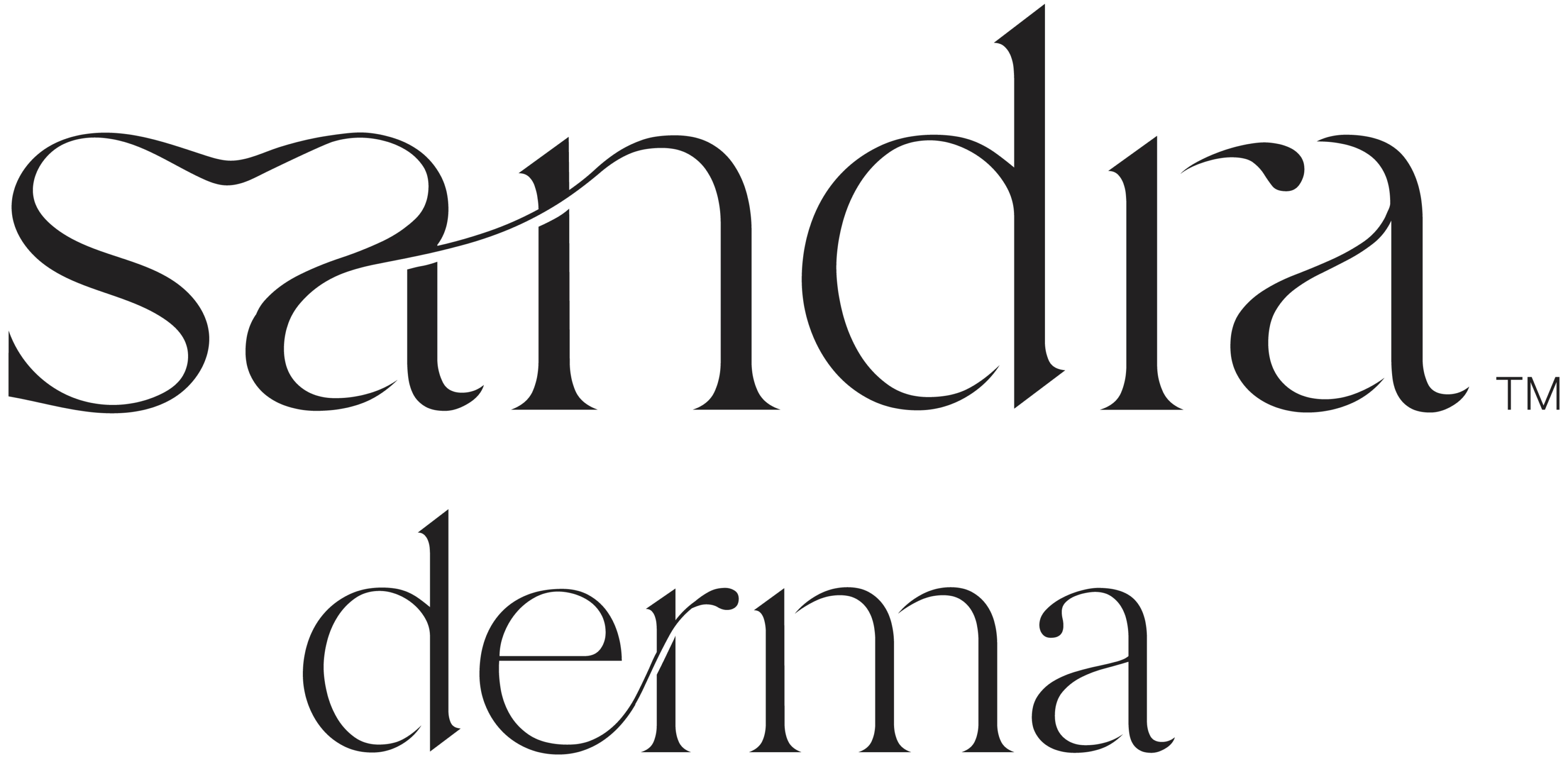
In recent years, Korean skincare products have captured the attention of beauty and skincare enthusiasts around the world, flooding both Arab and international markets with their attractive packaging and affordable prices. But with this widespread popularity, a pressing question has emerged: Has the need for medical skincare products declined? And can Korean skincare truly replace dermatologist-prescribed treatments? This article explores the differences, potential risks, and decisions you need to make carefully.
The Rise of Korean Products and Their Impact on the Skincare Market
Why Have Korean Skincare Products Become So Popular?
Korean skincare products gained immense popularity thanks to smart marketing campaigns, the appeal of multi-step routines, and ingredients that appear natural, such as green tea and botanical extracts. Add to that their competitive pricing and stylish packaging, and it’s easy to see why they’ve become favorites among young people, especially on social media.
Have They Reduced the Use of Medical Products?
Yes, many dermatologists have noticed a decline in patient demand for clinically approved products. This is largely due to the misconception that all skin concerns can be addressed with over-the-counter Korean beauty products. In some cases, this has led to delayed treatments or worsened conditions due to self-diagnosis and misuse.
The Difference Between Korean Skincare and Medical Skincare Products
- Korean Skincare Products: These mainly aim to improve overall skin appearance—hydration, glow, or surface-level brightening—but typically don’t treat the root causes of skin issues.
- Medical Skincare Products: These are formulated with pharmaceutical-grade ingredients designed to treat specific dermatological concerns such as acne, pigmentation, or eczema.
Can Korean Products Be a True Alternative to Medical Treatments?
Simple Issues Like Hydration and Skin Tone
Korean products can be helpful for dry or dull skin as they often contain hydrating and soothing ingredients. However, they usually provide surface-level care rather than deep treatment.
Complex Issues Like Chronic Acne and Pigmentation
Such conditions generally do not respond well to cosmetic products alone. They require medical intervention through dermatologist-approved formulations, many of which are available at Sandraderma—a platform that offers targeted creams and products for these concerns.
When Korean Products Fall Short and Medical Products Are Necessary
- When the skin shows signs of inflammation or active acne
- In the case of deep pigmentation that doesn’t improve with regular use
- When skin condition worsens over time instead of improving
Risks of Korean Products: What to Watch Out For
Skin Reactions Due to Incompatible Ingredients
Although many Korean products contain natural-looking ingredients, some plant extracts may cause allergic reactions or rashes, especially in sensitive skin.
Fragrances and Alcohols in Some Formulas
Some Korean formulations include synthetic fragrances or alcohols, which may irritate dry or damaged skin. This makes them unsuitable for individuals with sensitive or compromised skin barriers.
Misuse or Combining Products Without Medical Supervision
Using multiple products in one routine without understanding their chemical interactions may result in breakouts or worsening inflammation. This can be avoided by using well-researched medical products, such as those available at Sandraderma.
Who Should Avoid Korean Products?
Extremely Sensitive Skin or Eczema-Prone Skin
These individuals should be especially cautious. Products should be fragrance-free and devoid of irritating ingredients—qualities often found in medical skincare products available at Sandraderma.
Pregnant or Breastfeeding Women
Unless a product is confirmed to be free of ingredients like retinol or strong acids, it may not be safe during pregnancy or lactation. In such cases, it’s better to rely on medically approved alternatives found on Sandraderma.
Patients Undergoing Active Dermatological Treatments
Combining Korean cosmetics with prescription skincare or medication without medical guidance may harm the skin. It’s better to stick with trusted, clinically-tested options such as those offered by Sandraderma.
When to Choose Medical Skincare Over Korean Products
When You Have a Medically Diagnosed Skin Condition
Conditions such as severe acne, melasma, stubborn pigmentation, or rosacea require professional treatment rather than cosmetic products.
When Korean Products Show No Real Results
If there’s no visible improvement after consistent use, it’s a sign to switch to effective medical-grade products—many of which are recommended by dermatologists and available at Sandraderma.
In Cases of Irritation or Skin Worsening
If you notice redness, inflammation, or new breakouts after using a Korean product, discontinue it immediately and shift to a medically-approved skincare routine.
How to Safely Choose Between Korean and Medical Skincare
Consult a Dermatologist Before Switching Products
Randomly changing skincare products can backfire. It’s always best to get a dermatologist’s opinion, especially if you have a history of allergies or chronic skin conditions.
Perform a Patch Test Before Full Use
Apply a small amount of the product on a limited area of your skin and monitor it for 24 hours to avoid adverse reactions.
Understand Your Skin Type and Its Needs
Choosing the right product requires knowing whether your skin is oily, dry, combination, or sensitive. Sandraderma offers pre-purchase consultations and categorized product filters to help you make informed decisions.
Want a Safe Routine That Matches Your Skin?
If you’re torn between cosmetic and medical products, start by understanding your skin and consulting a professional. Sandraderma offers a complete range of dermatologist-recommended products for skincare, haircare, and body care—organized by skin type and condition to ensure safe and effective results.
Start your skincare journey now with a trusted source. Your skin deserves the best.
